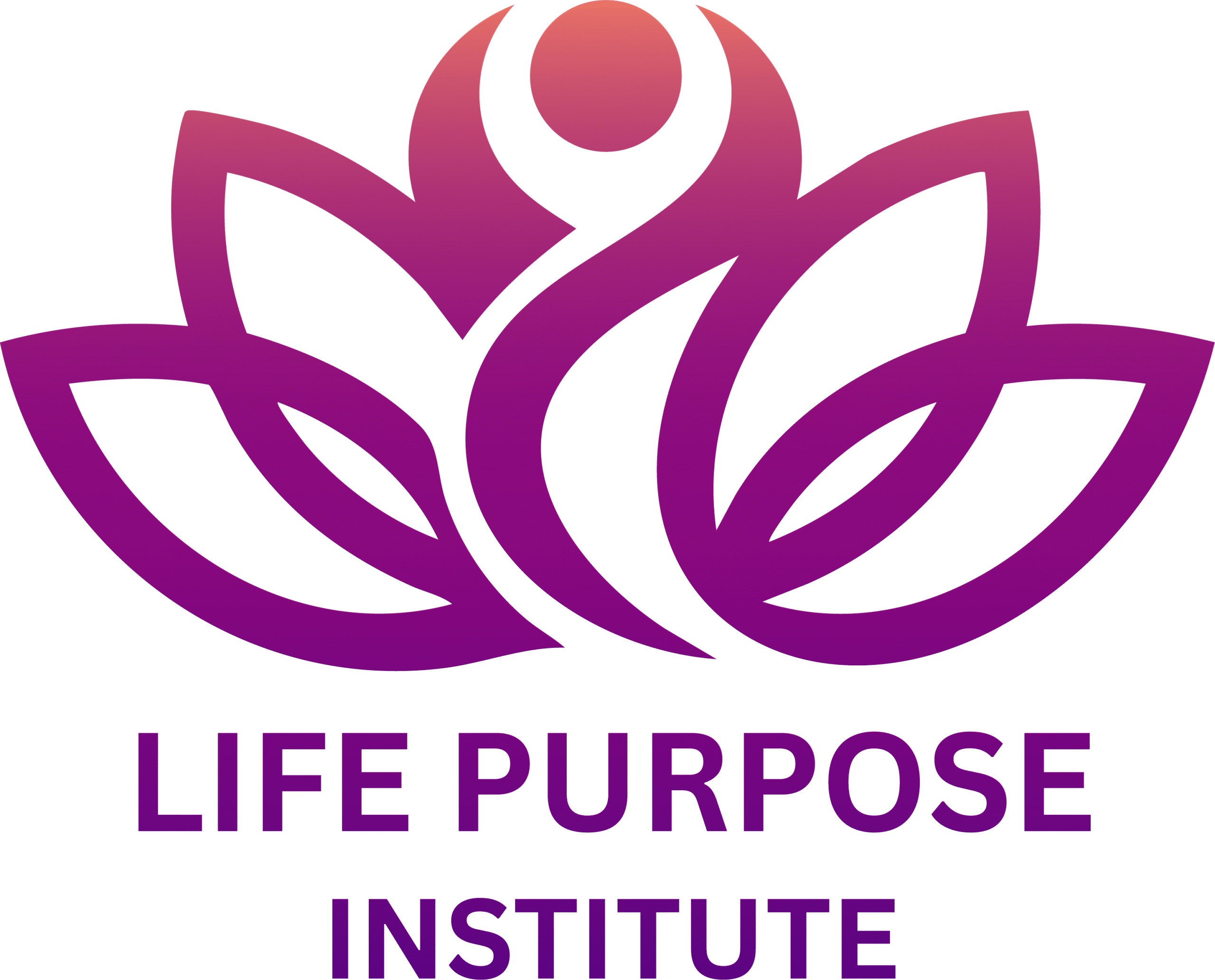When most people think of relationship coaching, they think about marriages in trouble. When couples are facing disconnection or other conflict, they often seek the advice of a therapist or coach. Sadly, couples who want help don’t always want others to know, so they end up seeking guidance, and if the first attempt doesn’t fix the relationship, they give up. Relationship coaches can work with many clients because relationships include more than just couples. It is never guaranteed that both parties in a relationship will want help, so relationship coaches work with individuals to focus on what they can do, not on how to fix others. In some cases, clients have difficulty with commitment and deep relationships due to the loss of someone in their lives. Relationship coaches must be prepared to apply their knowledge, training, and experience to their clients’ situations, regardless of the circumstances, which is why it is critical to have the certification and skill set to help clients.
Relationships During the Holidays
Relationship coaching goes well beyond marriages, into friendships, authority relationships like those in the workplace, and relationships with family members within existing, and often complex, dynamics. This is the time of year when many begin to feel anxiety about the holidays, visiting family members, and strained relationships that they will be facing. Relationship coaches are equipped to guide and support clients in preparing for these times and help them navigate the holidays with measurable success. A well-trained coach embraces this time of year because they have the training, Relationship Coaching Certification, and confidence to genuinely help their clients during the stress of the holidays.
Coaching Clients to Have a Voice
Relationships coaches help clients build communication skills, and for some clients, find their voice for the first time. Learning to understand partners and strengthening connections while not shying away from conflict, but instead practicing and mastering conflict resolution. Relationship coaches have a unique opportunity to impact their clients’ lives because, as humans, we are designed for relationships, and a life without healthy relationships can feel empty and unfulfilling. When certified in relationship coaching, coaches have tools, background, hands-on training, and strategies to help clients’ individual needs. The goal is to help clients build healthier relationships, better dynamics with diverse groups, and grow personally. The result of healthy relationships is a better overall mindset and outlook on life.
Strengthening Existing Relationships
As coaches help clients identify their needs and set personal goals, they also want to build resilience and strengthen their clients’ existing relationships with clients. Some clients may have many relationships but lack any real depth. Relationship coaches help clients engage in relationships and build them into more fulfilling ones. Coaches want to empower clients to build healthy relationships in which they can share their achieved and future goals. Interpersonal skills must be developed for lasting connections with others, which is why having the training to teach others these skills is essential in being a successful relationship coach. The International Coaching Federation (ICF) is the most widely known and recognized certification program in the world. At Life Purpose Institute, we believe it is the only program that properly equips coaches to have the greatest positive impact on their clients’ lives.
Building Self Awareness
The coach-client relationship is built on trust. Establishing trust is a skill, which is why the most impactful coaches have been trained to build clients’ trust. Relationship coaches will work with individuals to help them identify areas of their interpersonal skills that need improvement to have more success in their relationships. Coaching should have a framework to lead clients through self-reflection, learning, and experimenting. As clients build their skills, they identify gaps in their relationships and attitudes, which leads to personal growth.
Coaching focuses on communication, attitudes, goals, skills, and learning to relate to others, rather than on disorders such as bipolar disorder. If a relationship coach is unable to help a client, they should be professional and refer the client to a licensed psychologist. Being honest about what is part of coaching and what requires a more clinical diagnosis is part of comprehensive training and certification programs like those from ICF. At Life Purpose Institute, we have seen lives changed, fears overcome, and lasting fulfillment in relationships. Our relationship coaches are best equipped to help individuals face and overcome the “fear of commitment” or “I always pick the wrong type” mindsets and replace them with confidence and communication skills to set healthy boundaries in thoughtfully selected relationships.
If helping others in relationships, whether a partner, sister, parent, or boss, we have the best certification programs that are convenient for anyone who wants to start a coaching career. Contact us today or sign up for a free consultation – together, life coaches can make a difference!






